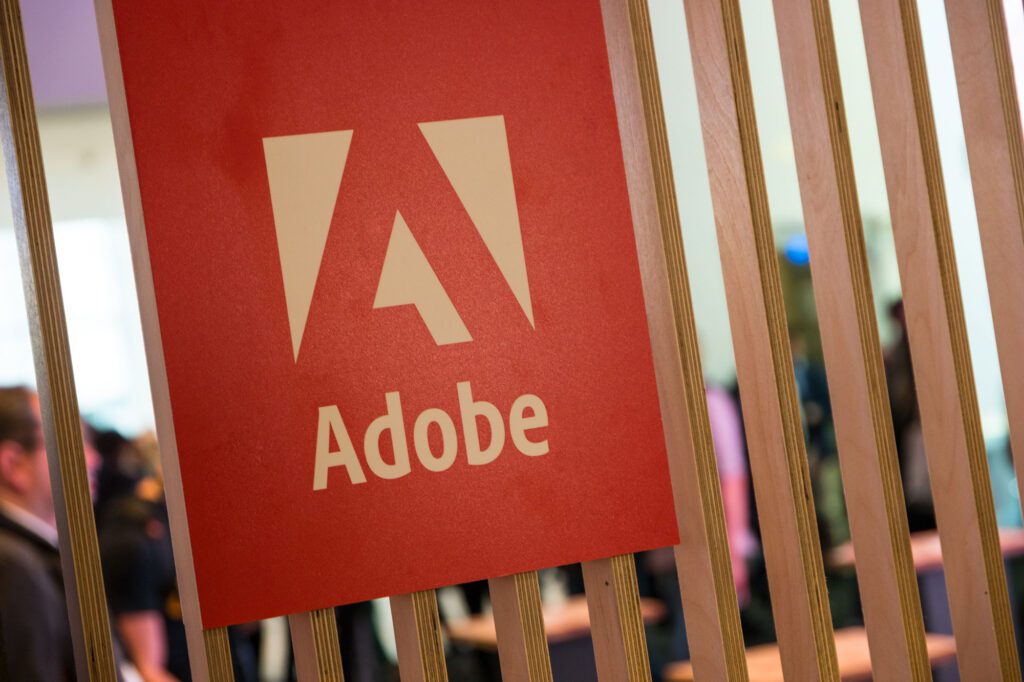Adobe is leaning on AI-powered data solutions to bridge the post-cookie identity gap.
This fits into Adobe’s broader strategy of using a mixture of automation and artificial intelligence to figure out what people are looking for and predict how brands can demonstrate value for customers in the moments that matter, said Kevin Lindsay, Adobe’s director of product marketing.
In practice, that means focusing on reducing churn and anticipating a customer’s needs rather than just pushing to complete a transaction. Considering the rising cost of customer acquisition, convincing someone not to cancel a service can be more valuable than converting a new customer.
“It’s also about paying attention to signals and emotional cues, like frustration,” Lindsay said, and [determining whether you’re] ticking people off with a bad experience.”
On Tuesday, at its virtual Adobe Summit, the company announced a suite of new offerings for its Adobe Experience Platform that aim to help advertisers get more predictive with their personalization and ad targeting,
The new tools include AI-driven product recommendations in Adobe Commerce (formerly Magento) and the ability to do marketing mix modeling within the attribution module of the Adobe Experience Platform to analyze campaign performance and marketing spend.
AI strategy
More than 80% of Adobe Experience Cloud customers use Sensei, Adobe’s AI engine, in their campaigns.
Brands can tap into predictive signals, such as AI-derived predictions on which subscribers are likely to churn or renew, and pull data from other sources into the Adobe Journey Optimizer to deliver targeted messages, including via mobile push notifications or email.
“These tools help the marketer get a sense of who these users are, what segments they fit in, how to create compelling experiences for them and how to orchestrate those experiences,” said Chetan Prasad, principal product manager for Adobe’s mobile marketing automation product lines.
Brands can implement Adobe’s native web or mobile SDKs into their brand apps, and the behavioral marketing data derived from transactions on those apps flows into the Adobe platform. Brands can augment that data with data from third-party sources, such as publisher partners or DMPs. They can also bring in second-party batched data, like point-of-sale data from a physical store.
The Adobe Journey Optimizer also allows brands to design multivariate campaigns to test which campaigns, languages, formats and data sets produce the best results. In another nod toward the cookieless future, brands can use geotargeting and location-aware triggers to determine the best moments for reaching audiences.
The goal is to provide marketers a fully optimized campaign journey experience so they can confidently assess their highest-performing channels or datasets, Lindsay said.
Adobe CDP improvements
Adobe also previewed a number of new improvements to its Adobe Real-Time CDP. The product was first introduced in 2019.
Adobe Target, which helps brands build customer profiles based on online and offline behavior, has been integrated into the CDP, allowing advertisers to use customer digital engagement data to deliver more personalized experiences on websites and mobile apps.
Adobe also built a B2B module for its CDP, dubbed Real-Time CDP B2B Edition – which provides predictive intelligence related to customer purchase intent – and added more integrations to its CDP at large.
For example, purchase and browsing history data derived from the Adobe Commerce platform can now be used in Real-Time CDP, as well as in other Adobe Experience Cloud applications.
Bring on the partners
On top of its product rollouts, Adobe announced a series of partnerships, including one with IBM Watson and The Weather Company to add predictive weather data, such as AI-based predictions for consumer behavior in anticipation of extreme weather events, for campaign targeting using Sensei.
Adobe also announced partnership deals with privacy management software platform OneTrust and business planning software company Anaplan.
The OneTrust integration adds a consent management platform to the Adobe Experience Platform, allowing brands to include consent and preference data in their unified user profiles. The Anaplan integration meanwhile allows brands to implement financial planning tools into their marketing workflows to ensure campaigns are executed on time and on budget.
Next up, Adobe plans to release its HIPAA-compatible Adobe Experience Cloud for Healthcare in May.













